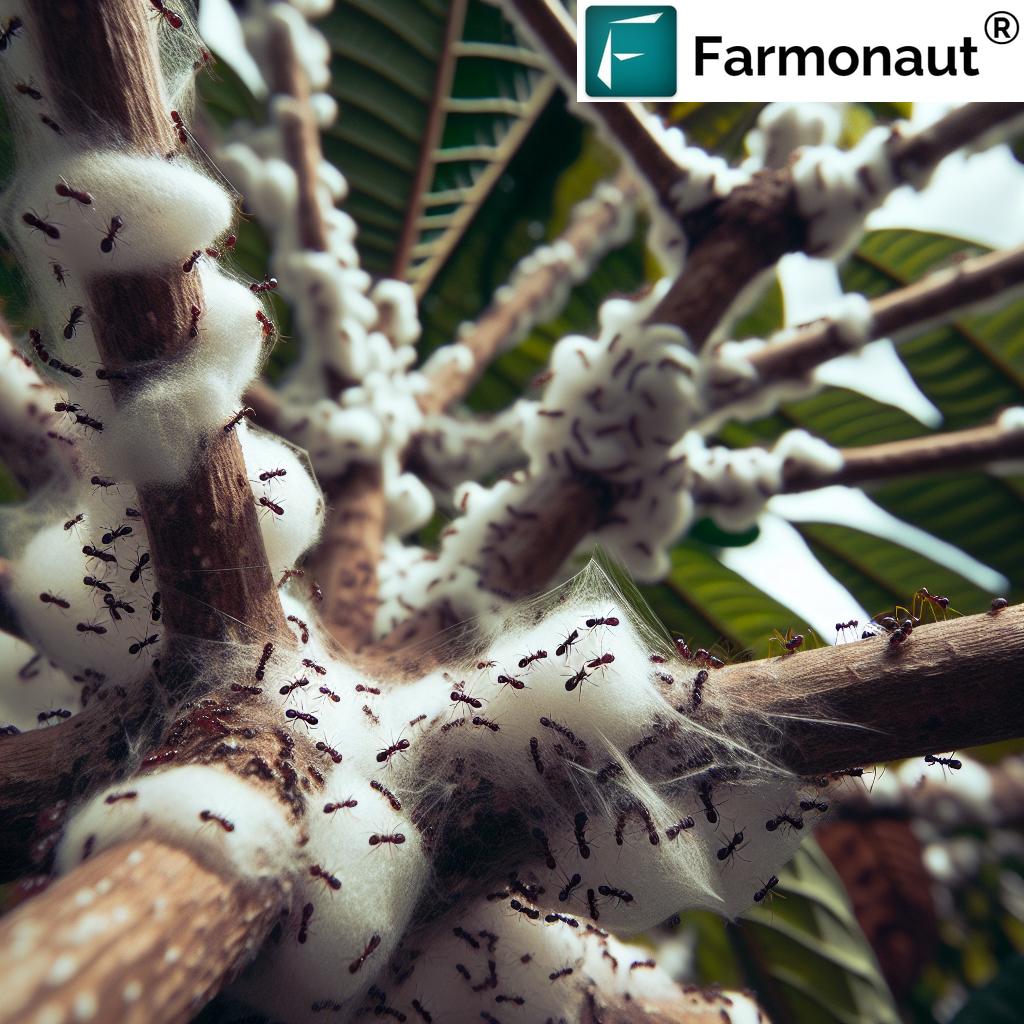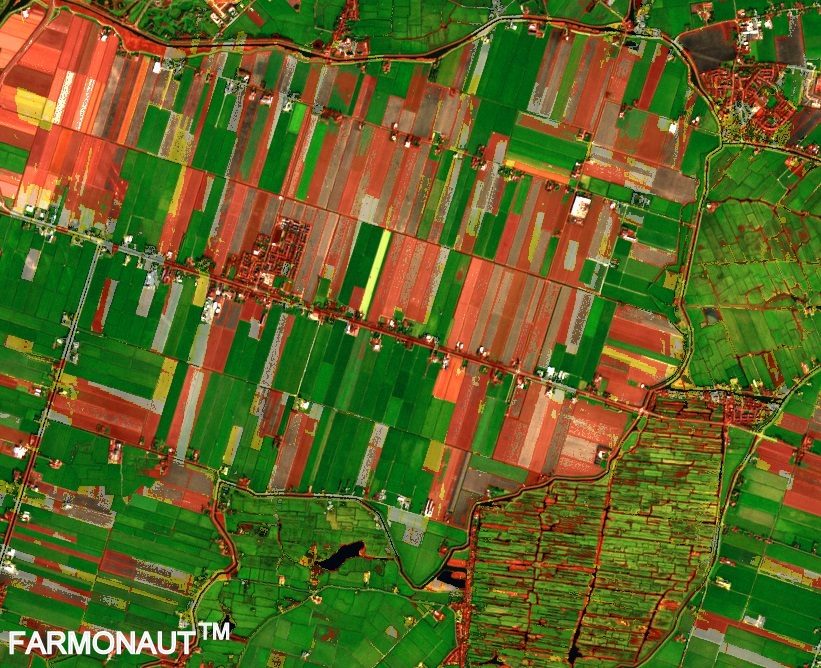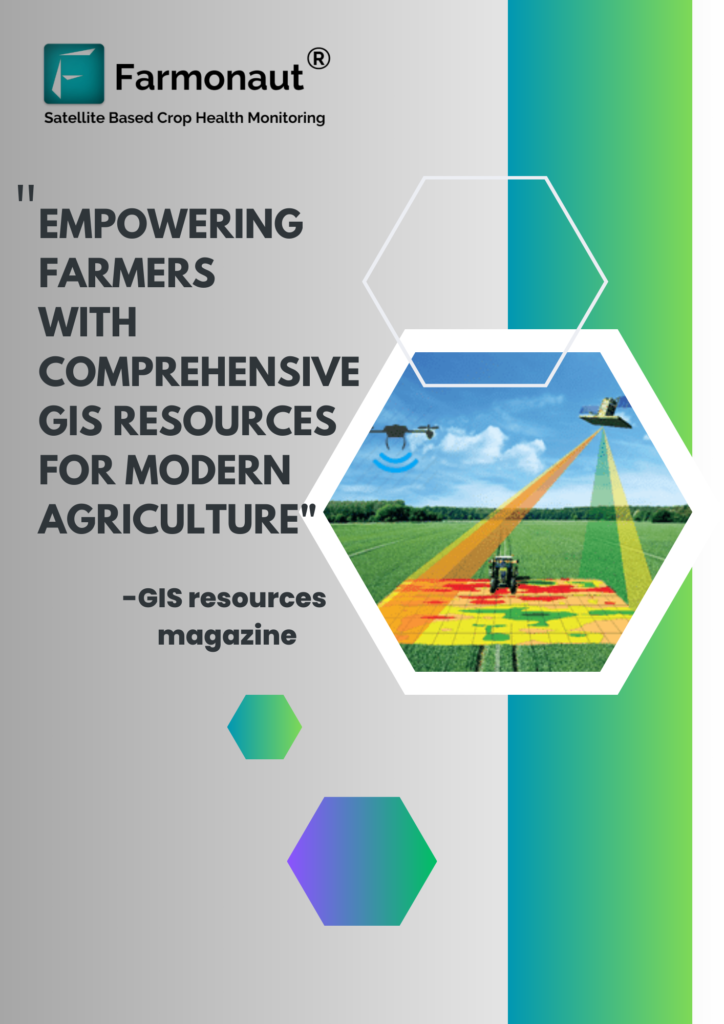Revolutionizing Organic Cotton Traceability: Zürich’s Innovative DNA Markers for Sustainable Fashion Supply Chains

“DNA markers can authenticate organic cotton, enabling farm-to-garment traceability for over 26 million tons of cotton produced annually.”
In the ever-evolving landscape of sustainable fashion, we’re witnessing a revolutionary approach to organic cotton traceability. At the forefront of this innovation is Zürich, where groundbreaking DNA marker technology is reshaping the fabric of the apparel industry. As we delve into this topic, we’ll explore how these advanced techniques are enhancing transparency in cotton farming practices and transforming sustainable fashion supply chains.
The Need for Enhanced Traceability in Organic Cotton
Organic cotton has long been heralded as a more sustainable alternative to conventional cotton. However, the journey from farm to garment has often been shrouded in opacity, raising questions about the authenticity of organic claims. This is where the innovative DNA markers come into play, offering a solution that promises to revolutionize the way we trace and verify organic cotton.
- Increased demand for transparency in fashion supply chains
- Challenges in verifying organic cotton authenticity
- The role of traceability in combating greenwashing
Understanding DNA Markers for Textile Authentication
DNA markers represent a cutting-edge approach to textile authentication. These microscopic identifiers are applied to cotton fibers at the earliest stages of production, creating a unique genetic fingerprint that can be traced throughout the entire supply chain.
- How DNA markers work in cotton traceability
- The science behind genetic identification in textiles
- Advantages over traditional certification methods
The Impact on Sustainable Fashion Supply Chains
The introduction of DNA markers is set to have a profound impact on sustainable fashion supply chains. By providing irrefutable evidence of a product’s origins, this technology is enhancing trust and transparency across the industry.
- Improved verification of organic cotton sources
- Reduction in fraudulent organic claims
- Enhanced consumer confidence in sustainable products
Explore Farmonaut’s innovative solutions:
PCR Testing: A Game-Changer for Organic Cotton Certification
Polymerase Chain Reaction (PCR) testing is revolutionizing the certification process for organic cotton. This advanced technique allows for the detection of minute traces of synthetic pesticides and other non-organic substances, ensuring the integrity of organic claims.
- The role of PCR in organic cotton verification
- How PCR testing enhances the reliability of organic certifications
- The potential for PCR to detect and prevent fraud in the organic cotton industry
“PCR testing in organic cotton certification can detect synthetic pesticide use, potentially protecting thousands of waterways from contamination.”
Farm-to-Garment Traceability: A New Era of Transparency
The concept of farm-to-garment traceability is transforming the fashion industry. With DNA markers and advanced testing methods, we can now track organic cotton from its source to the final product, providing unprecedented transparency.
- The journey of organic cotton through the supply chain
- How DNA markers enable end-to-end traceability
- The benefits of complete supply chain visibility for brands and consumers
The Role of Technology in Enhancing Cotton Farming Practices
As we embrace DNA markers and PCR testing, it’s crucial to recognize the broader role of technology in improving cotton farming practices. Advanced solutions are helping farmers optimize their operations while adhering to organic principles.
- Satellite-based crop monitoring for organic cotton fields
- AI-driven advisory systems for sustainable farming
- Blockchain technology in ensuring supply chain integrity
Discover Farmonaut’s API solutions: Farmonaut API | API Developer Docs
The Environmental Impact of Organic Cotton Traceability
Enhancing the traceability of organic cotton has far-reaching environmental implications. By ensuring the authenticity of organic practices, we’re contributing to the protection of ecosystems and promoting sustainable agriculture.
- Reduction in synthetic pesticide and fertilizer use
- Protection of waterways and soil health
- Promotion of biodiversity in cotton-growing regions

Challenges and Opportunities in Scaling DNA Marker Technology
While DNA markers offer immense potential, scaling this technology across different regions and seasons presents both challenges and opportunities for the industry.
- Adapting DNA marker technology to various cotton varieties
- Overcoming logistical hurdles in global supply chains
- Balancing costs with the benefits of enhanced traceability
The Future of Organic Cotton Certification Methods
As DNA marker technology and PCR testing become more prevalent, we’re likely to see significant changes in organic cotton certification methods. These advancements are set to reshape the standards and processes used to verify organic claims.
- Integration of DNA testing into existing certification frameworks
- Development of new standards based on genetic traceability
- The potential for real-time verification of organic status
Impact on Farmers and Local Communities
The adoption of advanced traceability methods has profound implications for cotton farmers and their communities. By ensuring the authenticity of organic practices, we’re supporting fair compensation and sustainable livelihoods.
- Improved market access for verified organic cotton producers
- Enhanced trust between farmers and buyers
- Potential for premium pricing for traceable organic cotton
Consumer Awareness and Demand for Traceable Products
As consumers become more conscious of the environmental and ethical impacts of their purchases, the demand for traceable and verifiably organic products is on the rise. This shift in consumer behavior is driving innovation in the fashion industry.
- Growing consumer interest in product origins and manufacturing processes
- The role of traceability in building brand loyalty
- Educational initiatives to increase awareness of organic cotton benefits
The Role of Blockchain in Enhancing Cotton Traceability
Blockchain technology is emerging as a powerful tool in the quest for transparent and traceable supply chains. When combined with DNA markers, blockchain can provide an immutable record of a product’s journey from farm to consumer.
- How blockchain complements DNA marker technology
- Creating tamper-proof records of organic cotton production
- Enabling consumers to access detailed product histories
Comparative Analysis: Traditional vs. DNA Marker Traceability
| Aspect | Traditional Certification | DNA Marker Traceability |
|---|---|---|
| Verification Method | Paper-based documentation | Genetic fingerprinting |
| Traceability Level | Limited, often batch-level | Precise, down to individual fibers |
| Time for Results | Days to weeks | Hours to days |
| Cost per Test (Estimated) | $500 – $1000 | $100 – $300 |
| Pesticide Detection Accuracy | Moderate | High |
| Supply Chain Transparency | Partial | Comprehensive |
The Global Impact of Zürich’s Innovation
The DNA marker technology developed in Zürich is having a ripple effect across the global fashion industry. As more brands and manufacturers adopt these innovative methods, we’re seeing a shift towards more transparent and sustainable practices worldwide.
- Adoption of DNA marker technology by major fashion retailers
- Influence on international standards for organic cotton certification
- Potential for technology transfer to other textile industries
Ethical Sourcing in the Apparel Industry
DNA markers are not only revolutionizing traceability but also playing a crucial role in promoting ethical sourcing practices. By providing irrefutable evidence of a product’s origins, these technologies are helping to combat issues such as forced labor and unethical production methods.
- Identifying and eliminating unethical practices in the supply chain
- Promoting fair labor practices through enhanced traceability
- Building consumer trust through verified ethical sourcing
The Economic Implications of Advanced Traceability
The adoption of DNA marker technology and advanced traceability methods has significant economic implications for the organic cotton industry. While there are initial costs associated with implementing these technologies, the long-term benefits are substantial.
- Potential for premium pricing for verifiably organic cotton
- Reduction in costs associated with fraud and mislabeling
- Creation of new job opportunities in traceability and testing
Sustainable Fashion Innovations Beyond Cotton
While our focus has been on organic cotton, the principles and technologies behind DNA marker traceability have the potential to revolutionize sustainability efforts across the entire fashion industry.
- Application of DNA markers to other natural fibers
- Traceability solutions for synthetic and recycled materials
- Holistic approaches to sustainable fashion production
The Role of Government and Regulatory Bodies
As DNA marker technology gains traction, government agencies and regulatory bodies are taking notice. The integration of these advanced traceability methods into official standards and regulations could significantly impact the organic cotton industry.
- Potential for new legislation around organic cotton verification
- Collaboration between tech innovators and regulatory agencies
- International cooperation on traceability standards
Educating Stakeholders: From Farmers to Consumers
For DNA marker technology to reach its full potential, education is key. Stakeholders at every level of the supply chain need to understand the benefits and implications of these advanced traceability methods.
- Training programs for farmers on DNA marker application
- Workshops for manufacturers on integrating traceability into production
- Consumer education campaigns on the importance of verified organic cotton
The Future of Sustainable Fashion: A Vision for 2030
As we look towards the future, the widespread adoption of DNA marker technology and other traceability innovations paints an exciting picture for the sustainable fashion industry.
- Predictions for full supply chain transparency
- Integration of AI and IoT in traceability systems
- The potential for a circular economy in fashion, powered by advanced traceability
Conclusion: Embracing a New Era of Transparency
The introduction of DNA markers for organic cotton traceability marks a significant milestone in the journey towards a more sustainable and transparent fashion industry. As we continue to innovate and refine these technologies, we’re not just improving supply chain transparency – we’re reshaping the very fabric of the fashion world, thread by traceable thread.
By embracing these advancements, we’re paving the way for a future where every garment tells a story of sustainability, authenticity, and ethical production. The revolution in organic cotton traceability is more than just a technological leap; it’s a commitment to a cleaner, fairer, and more transparent fashion industry for generations to come.
FAQ Section
- What are DNA markers in cotton traceability?
DNA markers are unique genetic identifiers applied to cotton fibers that allow for precise tracking throughout the supply chain. - How do DNA markers improve organic cotton certification?
They provide irrefutable evidence of a cotton’s origin and organic status, enhancing the reliability of certifications. - Can DNA markers detect the use of synthetic pesticides?
While DNA markers themselves don’t detect pesticides, they enable targeted PCR testing which can identify traces of synthetic chemicals. - How does this technology benefit consumers?
It ensures greater transparency, allowing consumers to trust the organic and ethical claims of their clothing purchases. - Are DNA markers environmentally safe?
Yes, DNA markers are non-toxic and do not alter the cotton’s genetic makeup or quality.



















